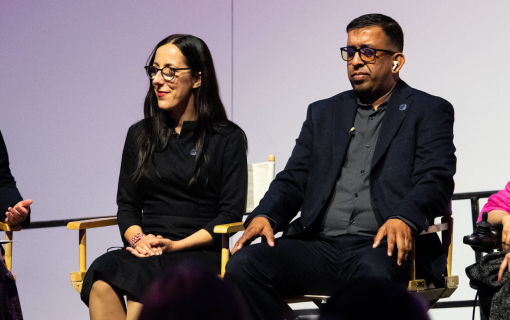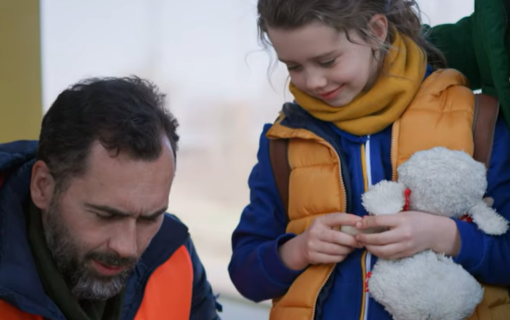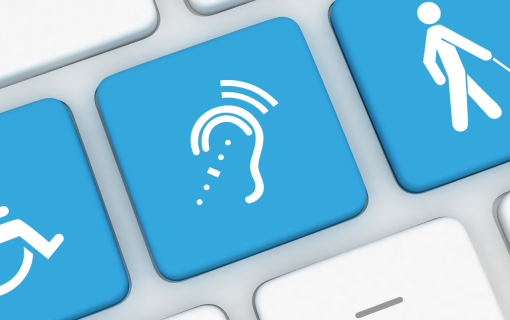Disability Access Monitoring for National Elections in Kosovo
“It is an inexpressible feeling for me that I could give something to society. We need such projects that make us independent, motivateus to contribute to society, and change our lives.” This was how Shpend Krasniqi described his experience as a disability access monitor for the June 8, 2014 national assembly election in Kosovo.
Shpend was one of 230 persons with disabilities engaged by Kosovar civil society organizations Kosovo Democratic Institute (KDI) and HandiKOS to monitor access for persons with disabilities to political campaigns, election information and voting. This International Foundation for Electoral Systems (IFES) supported project, funded by USAID, is the first intensive monitoring of disability access for elections in Kosovo. Thirty long-term observers monitored the political campaign period and an additional 200 short-term observers monitored Election Day activities.
On September 30, the report of the disability access monitors, entitled “Inclusion of Persons with Disabilities in the Electoral Process,” was launched at a workshop in Pristina. Over half the workshop attendees were persons with disabilities, many of whom had personal experiences facing significant barriers to voting. One wheelchair-bound participant described how he felt he had no option but to refuse to vote, after being treated like a “sack of potatoes” at his polling station.
The report notes that there are an estimated 200,000 persons with disabilities among Kosovo’s population of 1.7 million. While the current legal framework guarantees equal electoral rights for persons with disabilities, results of the monitoring of these elections show that this has been only partially implemented. The Central Election Commission provides Braille ballot paper templates, and ensures its television advertising is accessible to those with a hearing disability. However, facilities that enable voting freely, independently and in secret are not available to many voters with disabilities. This has resulted in a low turnout at the elections by persons with disabilities.
Disability access monitors found that while the platforms of the major political parties contained some policies targeting persons with disabilities, these were not well communicated. At 93 percent of the campaign events observed there was no access for people with physical disabilities, and at only 10 percent was there any mention of disability rights. Campaign materials were not available in formats accessible to those with visual or hearing disabilities. Of the 1,190 candidates for these elections only two were persons with disabilities.
Meaningful employment promotes the integration and equality of persons with disabilities within the community. Over 19,000 temporary staff were employed for these elections, of whom just 0.03 percent were persons with disabilities, although Kosovo law requires that at least 2 percent of workers hired by public and private organizations must be persons with disabilities.
On Election Day, 520 of Kosovo’s 798 polling centers were observed by disability access monitors. Their findings demonstrate that in many polling centers persons with disabilities could not vote without assistance. Almost half the polling centers observed do not have wheelchair access, and in all polling centers the design of the voting compartments does not allow access to persons in wheelchairs. In a majority of polling centers, bathroom facilities were not accessible to persons with disabilities.
The findings and recommendations of the disability access monitors’ report will be used by IFES, KDI and HandiKOS as the basis for a series of workshops with electoral authorities, political parties, persons with disabilities, government departments and other stakeholders to develop strategies to improve electoral access for persons with disabilities. As Pranvera Musaj, who observed elections for the first time as a disability access monitor, told IFES, “barriers are out there to be overcome, this is what I strive for each day.”










